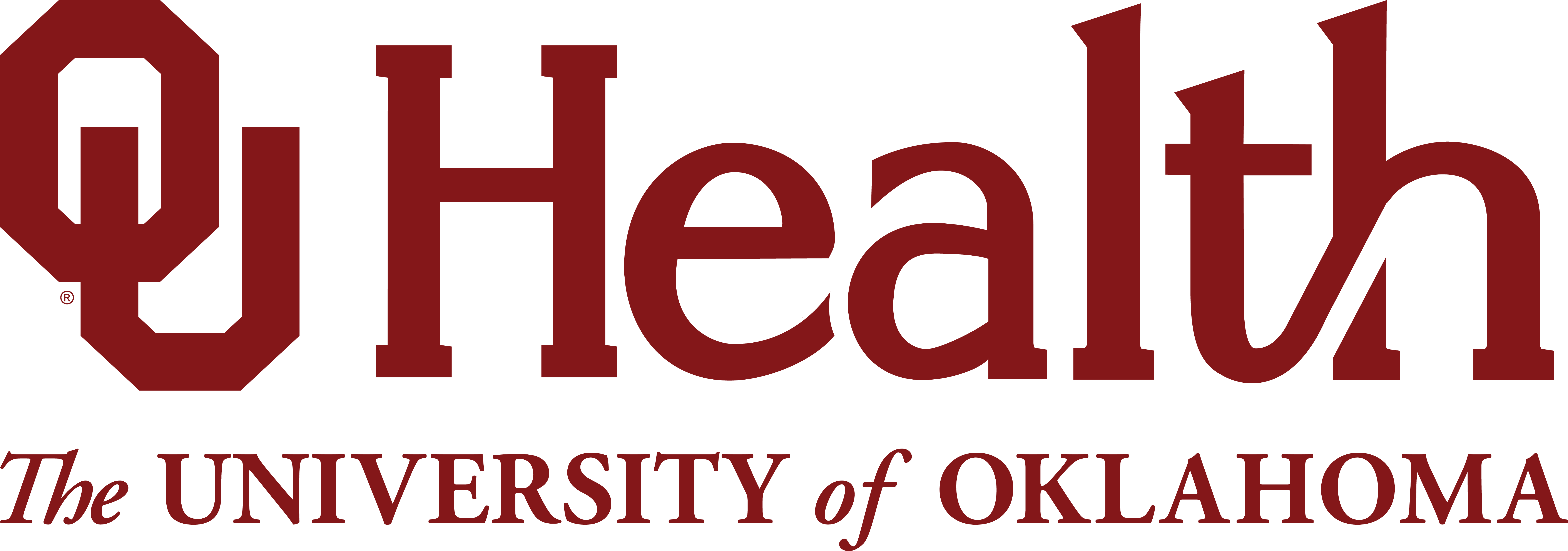Smartphone App Reduces Alcohol Misuse in Adults Experiencing Homelessness
- Category: News
- Posted On:

Michael Businelle, PhD, with the TSET Health Promotion Research Center, recently co-authored an article which is being published in Alcoholism Clinical & Experimental Research Control. ACER provides the most significant and current research findings on the nature and management of alcoholism and alcohol-related disorders.
 Businelle’s paper, “Development and preliminary effectiveness of a smartphone-based just-in-time adaptive intervention for adults with alcohol misuse who are experiencing homelessness,” summarizes alcohol use outcomes in this audience after they used the Smart-T Alcohol smartphone application for 28 days. The Smart-T Alcohol app is the first just-in-time adaptive intervention specifically designed to reduce alcohol use for adults experiencing homelessness. The Smart-T Alcohol app delivers tailored treatment messages based on current drinking goals and drinking risk factors.
Businelle’s paper, “Development and preliminary effectiveness of a smartphone-based just-in-time adaptive intervention for adults with alcohol misuse who are experiencing homelessness,” summarizes alcohol use outcomes in this audience after they used the Smart-T Alcohol smartphone application for 28 days. The Smart-T Alcohol app is the first just-in-time adaptive intervention specifically designed to reduce alcohol use for adults experiencing homelessness. The Smart-T Alcohol app delivers tailored treatment messages based on current drinking goals and drinking risk factors.
Over the 28-day intervention period, participants showed a decline in drinking days, heavy drinking and drinks per day. Moreover, participants reported high levels of perceived usefulness of the app, and an overwhelming majority accessed the app’s on-demand tips features.
The research outlined in the article indicates that smartphone apps can be used to help heavy drinkers reduce their alcohol use. This type of dynamically-tailored smartphone application may offer a promising and timely method for improving drinking outcomes, quality of life and overall health for this highly disadvantaged and understudied population.
The article can be read in its entirety here.
The HPRC receives funding from the OU Health Stephenson Cancer Center via an NCI Cancer Center Support Grant (P30CA225520) and the Oklahoma Tobacco Settlement Endowment Trust contract number R23-02. This study was supported by NIAAA grant R34AA024584 to MSB and STW; NIAAA grants R01AA019511 and K02AA028630 awarded to E-YM; the Oklahoma Tobacco Settlement Endowment Trust (TSET) contract R23-02 to MSB; and used the Stephenson Cancer Center's mHealth Shared Resource (NCI grant P30CA225520).



